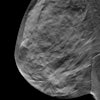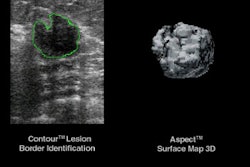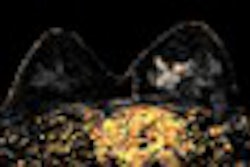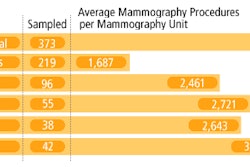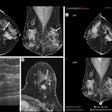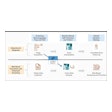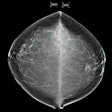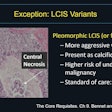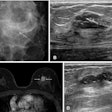LAS VEGAS - Having devoted more than 25 years to the early detection of breast cancer, Dr. László Tabár said any debate over the value of mammographic screening is absurd. But he also said radiologists must do a better job of detecting the most dangerous cancers.
The field’s premier researcher and chairman of mammography at Sweden’s Falun Central Hospital preached to the choir Tuesday at the National Interdisciplinary Breast Center Conference in Las Vegas. Nearly 600 breast center physicians, nurses, technologists, and administrators gave Tabár a standing ovation for his rousing 1-1/2 hour presentation, in which he vigorously countered the questioning of mammography.
"I really cannot accept this so-called debate or discussion," said Tabár. "This is the first generation in the past 100 years to make a significant difference in the outcome of breast cancer, but you have to use screening."
He said journalists and other mammography critics should have more respect for the landmark 25-year study in Sweden showing that screening has cut the mortality from breast cancer by 60%. The study was tough, he said, because it required many Swedish women to consciously forego potentially life-saving mammography in order to serve as the control group where the only relevant outcome was death.
Yet Tabár also exhorted breast center professionals to improve their life-saving work in several ways. Radiologists, he said, should focus more on those harder-to-detect cancers that are more likely to be fatal: the high-grade duct-forming carcinoma often missed or erroneously labeled as in situ.
Tabár drew upon the statistics from his years of detailed data collection, which show that 93% of the spiculated lesions found on mammograms will ultimately prove to be cancerous, compared to the many circular lesions that are merely cysts.
"That’s the real challenge, to find the stellate lesion," Tabár noted, then extending his exhortations to the many vendors in the audience. "All those people here -- the computer-aided detection people -- they should really help us to find the stellate lesions that are not calcifications. The calcifications we can find ourselves."
Tabár also criticized healthcare providers for a corresponding overuse of debilitating chemotherapy for small carcinoma that present very little risk to the patient. "These patients unfortunately might be heavily over-treated using today’s so-called standard of care," said Tabár .
To address these issues, Tabár advised the professionals to better educate themselves on normal breast anatomy and the very heterogenous disease known as breast cancer.
"Only journalists can talk about ‘breast cancer,’" Tabár said in one of several digs at the mainstream medical media. Instead, he noted, breast centers must work in comprehensive interdisciplinary teams to address the 25 distinct types of breast disease in different ways.
One critical element in further reducing breast cancer mortality is catching those cancers with the shortest "sojourn" times, or period between mammographic and clinical or palpable detectability. Although breast cancer is always a progressive disease, some tumors grow far faster than others, he noted. And the fastest-growing cancers are the most aggressive and dangerous.
Ironically, although current standards call for more frequent mammographic screening of older women, the sojourn time is typically shorter in cancers affecting younger women. Thus a medullary cancer with a 2.3-year sojourn time can easily grow to fatal proportions in a woman being screened only every other year. Less-frequent mammograms are the reason why European women aged 40-54 suffered a higher mortality from breast cancer -- despite the lower incidence -- than older women.
"If anybody is to be screened it is the younger women," Tabár concluded. "Send a message to the (National Cancer Institute)."
By Tracie L. ThompsonAuntMinnie.com contributing writer
February 27, 2002
Related Reading
U.S. panel affirms support for mammography, February 22, 2002
Mammography screening effective when data are analyzed correctly, February 1, 2002
ACR blasts PDQ decision, January 28, 2002
Danish mammographers exclude dissenting opinion, October 23, 2001
Reassessment confirms: Screening mammography has no survival benefit, October 19, 2001
Copyright © 2002 AuntMinnie.com
